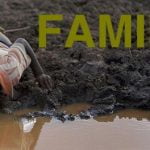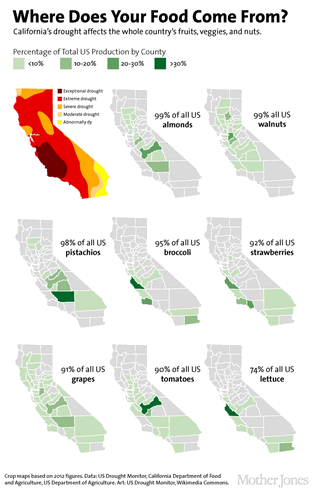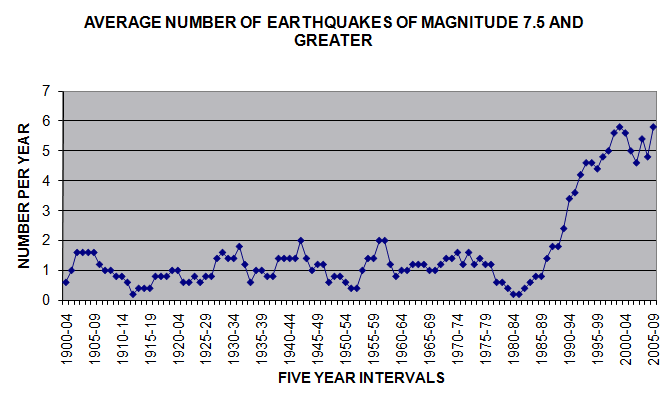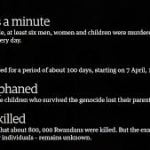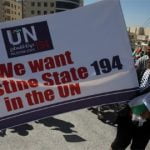This is an excellent homiletic class that I am working my way through now.
I found this useful and recommend it for the following reasons…
The audio lectures and notes are freely available online at iTunes and at Covenant Seminary.
Link for Covenant Seminary Class
Link for iTunes University Class – Covenant Seminary
They include both lecture transcripts and class notes for each lecture.
Download Transcripts as pdf Christ Centered Preaching Class 28 Lecture Transcripts - Bryan Chapell
Download Class Notes as pdf Christ Centered Preaching Class Notes 28 Lessons - Bryan Chapell
The Text book by Dr. Bryan Chapell – “Christ Centered Preaching” is available on Amazon to complete the course experience.
The 30 hour class is College Level and well taught.
God called me late in life, ill prepared and unqualified to even consider college/seminary but with a zeal to teach. There are wonderful resources available on the internet to prepare and equip men whom God has called.
I share this class with the hope that others like me can benefit from these lessons and be more effective in sharing the Gospel. Whether you teach a small group or serve as volunteer chaplain – properly exalting Yeshua in your teaching glorifies Him.
This class has shown me ways to do that.
He said Ps 40 v 7 the volume of the book is written of me….and finding Him and lifting Him up allows Him to draw all people to Him.
Lu 24:27 And beginning at Moses and all the prophets, he expounded unto them in all the scriptures the things concerning himself. Lu 24:44 And he said unto them, These are the words which I spake unto you, while I was yet with you, that all things must be fulfilled, which were written in the law of Moses, and in the prophets, and in the psalms, concerning me.
Yeshua set the example for proper teaching. It is my hope to follow His example. A sincere thanks to the men that went before us and passed on their experience and wisdom to the next generation.

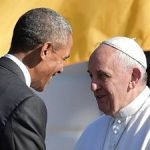
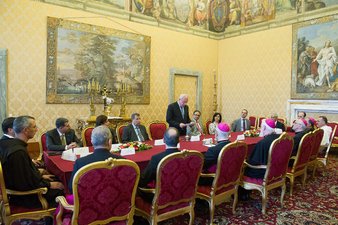
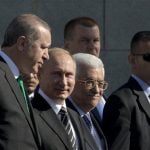

 S statement confirmed that “not a single animal survived in the affected herds” Researchers are baffled as to the reason “The extent of this die-off, and the speed it had, by spreading throughout the whole calving herd and killing all the animals, this has not been observed for any other species,” said Steffen Zuther, a geoecologist and coordinator of the Atlyn Dala Conservation Initiative. “It’s really unheard of. The question is why it developed so rapidly and why it spread to all the animals?”The few remaining antelope now still face is historic enemies – wildlife crime and poaching, so the odds of their survival look bleak.
S statement confirmed that “not a single animal survived in the affected herds” Researchers are baffled as to the reason “The extent of this die-off, and the speed it had, by spreading throughout the whole calving herd and killing all the animals, this has not been observed for any other species,” said Steffen Zuther, a geoecologist and coordinator of the Atlyn Dala Conservation Initiative. “It’s really unheard of. The question is why it developed so rapidly and why it spread to all the animals?”The few remaining antelope now still face is historic enemies – wildlife crime and poaching, so the odds of their survival look bleak.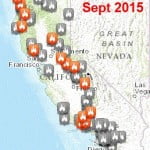
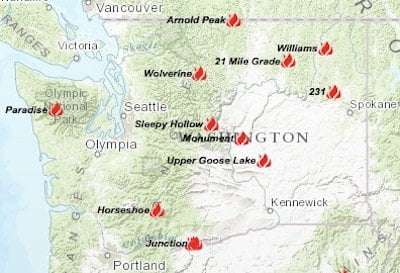

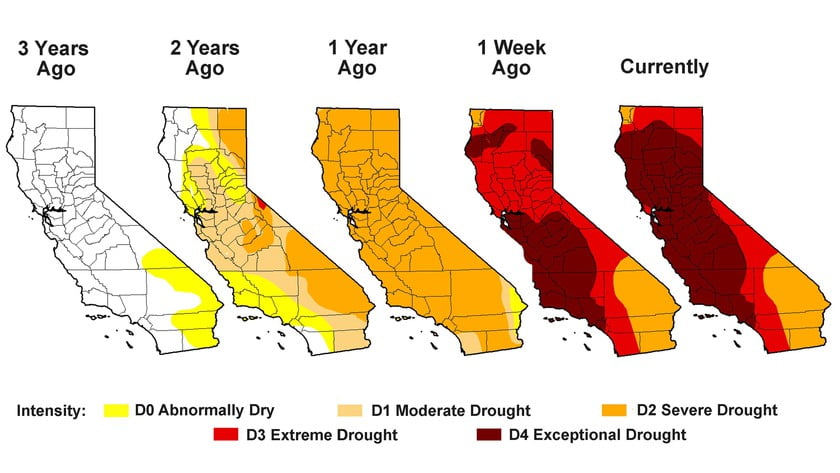 As if the drought couldn’t get any worse, geologists now think that changes in groundwater could be destabilizing the infamous San Andreas Fault. The new research presents “
As if the drought couldn’t get any worse, geologists now think that changes in groundwater could be destabilizing the infamous San Andreas Fault. The new research presents “